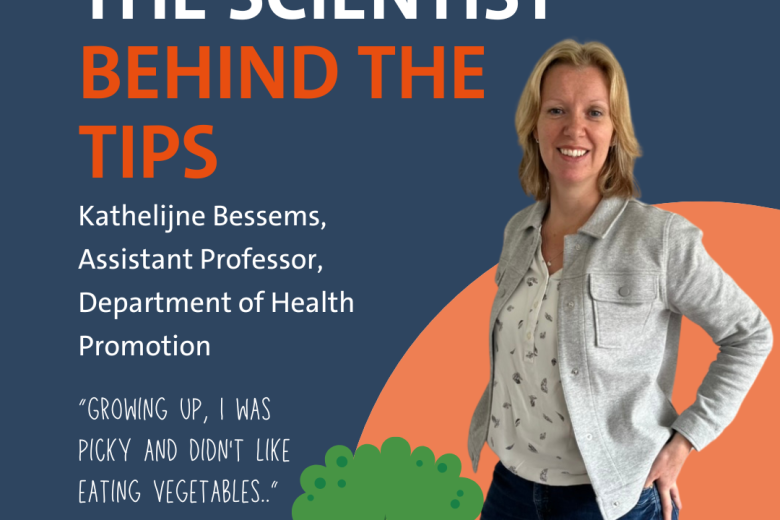Well-being, Women and Work in Ethiopia
The UM-initiated 3WE project (‘Well-being, Women and Work in Ethiopia’) studies how employment generated by foreign direct investment (FDI) is affecting the well-being of workers, and women in particular. Especially in Africa, where FDI is becoming one of the main sources of new employment opportunities and economic growth on the continent. The project studies this question through the case of Ethiopia, one of Africa’s fastest growing economies, with unprecedented rates of female wage labour.
Principal investigator Professor Dr. Valentina Mazzucato, 3WE project coordinator and assistant professor Dr. Bilisuma Dito, and post-doctoral researcher Dr. Konjit Hailu Gudeta, explain the situation of these women, particularly in the light of the current pandemic.
In your research, you look at the difference between traditional investors from Europe and the US and new investors from countries such as Turkey, China and Brazil in terms of the well-being of the female workers in flower farms and textile firms. Have you already found differences?
Valentina Mazzucato: “Our research has only just started, so it is too early to speak of findings. But the reason why we proposed to look at conventional investors and compare them to new investors is because there is a commonly held view that conventional investors abide more to Corporate Social Responsibility conventions or specific hallmarks that attest to fair trade or workers’ rights. However, this has not been researched, so this view is based on hearsay."
"Furthermore, the two sectors that we are looking at, textiles and horticulture, are interesting because they represent two different kinds of global value chains. Textiles is an example of a buyer-led value chain, in which the large brands (think of H&M for example) are the ones that dictate the conditions of production because, for example, their consumers demand more fair-trade articles."
"Horticulture instead is an example of a supplier-led value chain, such as the large Dutch flower farms in Ethiopia that produce roses for Western markets. In this case, the farms themselves set the conditions of production. Here too, Western consumers can play a role when they buy flowers that ensure that the workers get a fair wage. So depending on the sectors and on the origin of the investors, there may be more or less pressure on producers to treat their workers fairly.”
The focus of your research is on female workers’ well-being. Why do you focus on women?
Bilisuma Dito: “Ethiopia, at least until the COVID-19 pandemic, has been one of the fastest growing economies in the world and a large part of this growth has come from its ability to attract FDI. Most of the newly created jobs employ women. For example, it is known that women are favoured over men as labourers in flower farms, because they have thinner fingers and smaller hands, and are believed to be more careful pickers of delicate flowers. The same is true for firms such as the textile and shoe factories. Often women come from the rural areas and resettle near the farms and factories. These jobs generally pay low salaries and are quite precarious. While it cannot be denied that these women are joining the labour force in large numbers, the question remains whether and how these jobs affect women in terms of their well-being."
"We define well-being in a multidimensional way, looking at female workers’ emotional and physical health but also at the roles that they are able to fulfil in their families, workplaces and society at large. Furthermore, we look at well-being overtime (longitudinally), rather than at one point in time. We aim to understand their well-being in a processual manner by looking at how workers’ past experiences affect their current well-being and also their perceptions about the future.”
Can you describe the well-being of these female workers in general, independent of the nationality of the investors?
Dito: “Well, there have been reports and studies that have looked at women’s well-being on the factory floor and in flower farms. On the one hand, these reports recognise how FDI is playing a key role in creating job opportunities for many women in the country who do not have any other fallback options or employment opportunities. Employment in such sectors has helped to improve women’s income, their power position within their households, and increased household food consumption."
"On the other hand, as many reports show, these women get the lowest wages in the world; they stand for long hours; are exposed to chemicals on a daily basis; lack basic facilities like toilets and safe drinking water in their workplaces. Respiratory issues, kidney problems, and skin allergies are among the health problems commonly experienced by female workers in these sectors. There are also reports of female workers facing sexual harassment in their workplaces."
"Some employers recognise these challenges and are investing to improve the lives of these workers and the communities they are based in. For example, one of the largest rose farms in the world based in Ethiopia has established a private school for the employees’ children and those in the community. The company has also established a hospital, which provides free health care for its employees and other people in the community for small fees. While these are undoubtedly encouraging initiatives, the question remains whether these provisions make up for the low wages and poor working conditions workers face in such FDI funded farms and factories.”
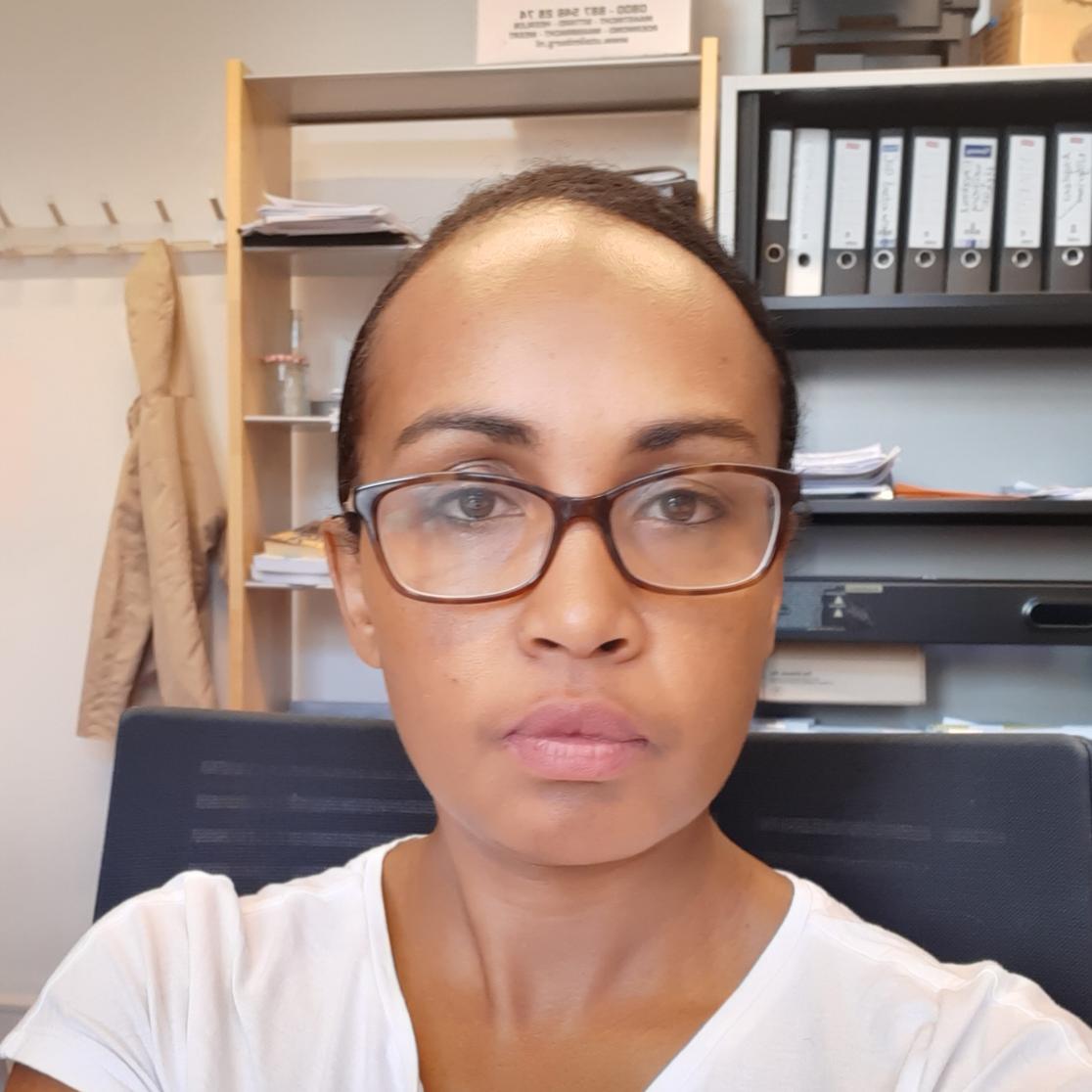
How does the COVID-19 situation affect the well-being of the female workers?
Mazzucato: “It is too early to tell and this is exactly what we now want to investigate, to adapt our project to the new circumstances. What we do see already is that while some workers have been told to stay home but are being paid their basic salaries, other female workers have been sent home on furlough without pay. This puts them under great strain, as their salaries are too low for them to build up savings."
"Some of the women really do not know how they will put food on the table at the end of the day. And they have told us that what exacerbates the situation is that food is getting more expensive in the local markets. This really shows how linked our world is today. Because consumers in Europe and elsewhere are buying fewer roses and transportation between countries has slowed down due to COVID-19, female workers in Ethiopia are losing their livelihoods. COVID-19 is much more than a health crisis, it is also and very much an economic crisis for many people in developing countries.”
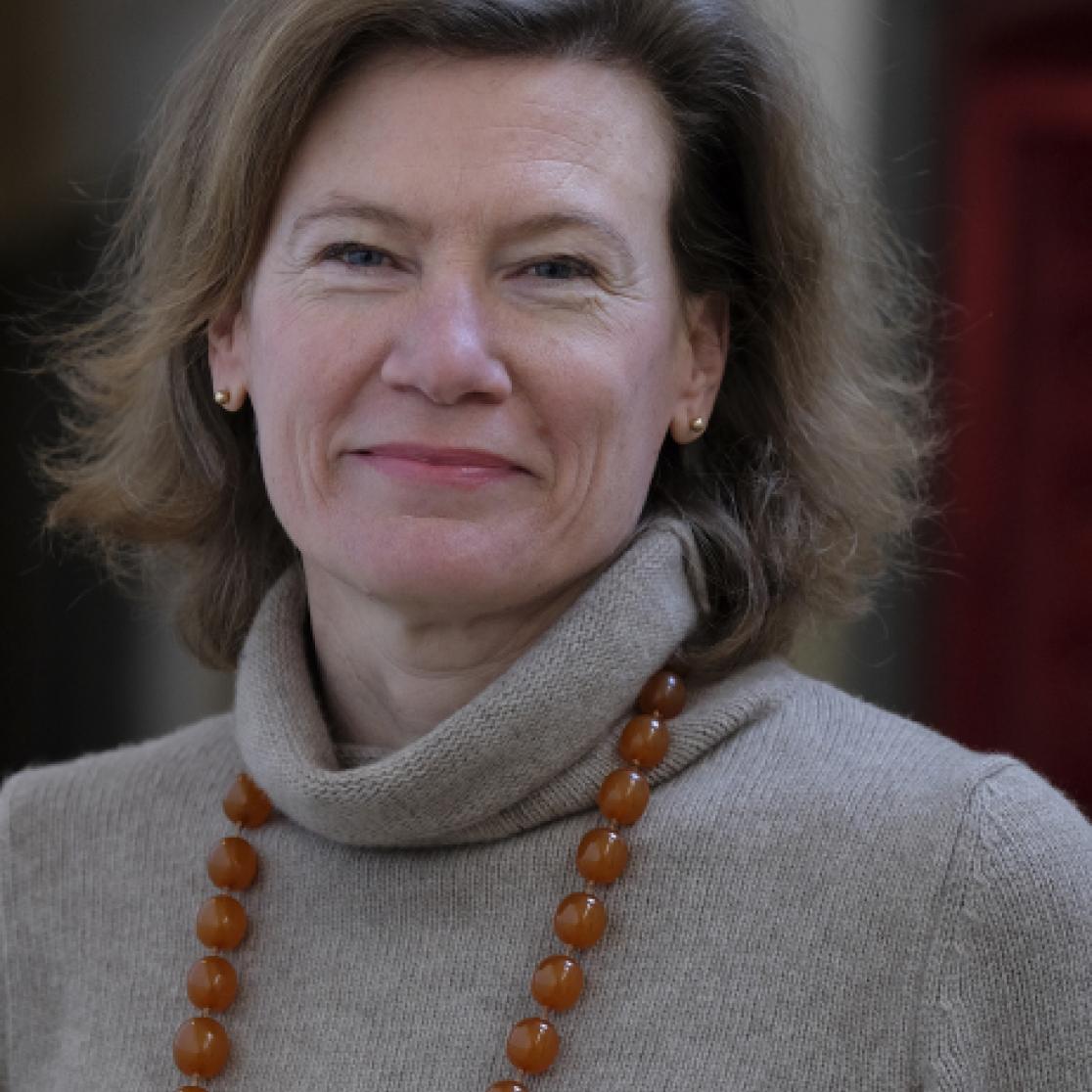
How are medical conditions in Ethiopia? Are there many cases of the coronavirus?
Konjit Gudeta: “Compared to how things are in other parts of the world, the COVID-19 cases in Ethiopia are not that many, but they are increasing steadily, especially in the last couple of weeks. The first case was identified around mid-March and to date there are about 1300 identified cases and 14 deaths."
"Analysts suggest that the government's 'early and efficient' response might have helped in keeping the numbers down, but many fear the consequences, should the virus unravel in a country like Ethiopia with many economic and social challenges to control the spread of the virus. The situation has had a lot of effects on the daily lives of people as Valentina mentioned. Also in terms of their mental well-being. I’ve spoken to women who felt stressed and worried by the situation and how their jobs will be affected.”
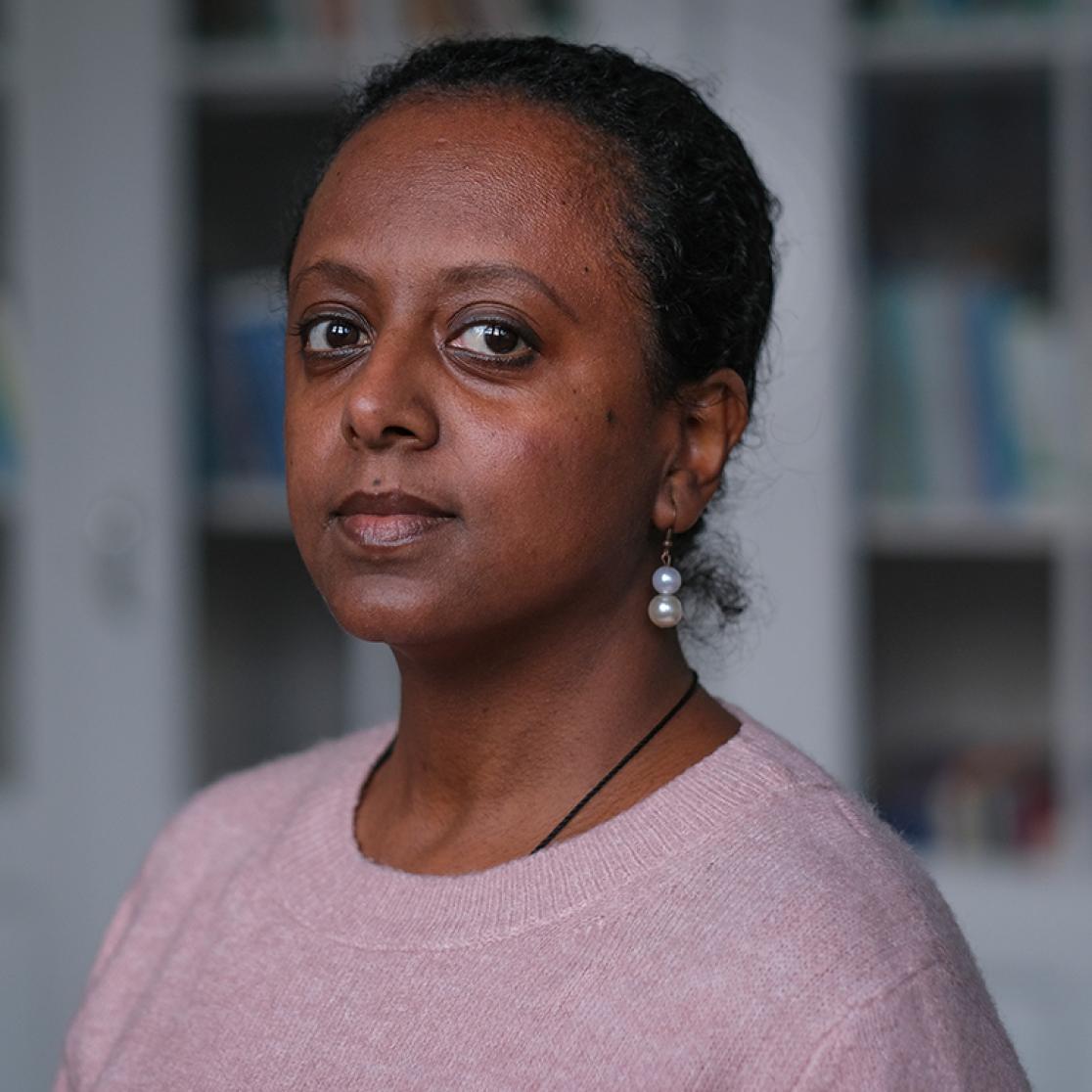
Are measures taken to prevent the virus from spreading?
Gudeta: “The country declared a state of emergency in April stating preventive measures such as reducing the capacity of public transportation by half, requiring masks when going to public service providers, prohibiting meetings, religious and public gatherings, and so on. Also, some measures were introduced like mandatory two-week quarantine for travellers coming into the country, designated treatment centres for COVID-19 patients, and door-to-door checks to identify those with symptoms or who are at risk of exposure to the virus."
"The government has also made use of the existing community health workers to conduct large scale testing, covering some 40 million people in 11 million households. The government has also taken economic measures such as VAT returns to increase cash flows in the economy. What’s interesting is that some of the garment industries that we are studying have turned to producing protective masks for Ethiopia but also to export overseas.”
Is there anything Western countries can do to give support?
Mazzucato: “This is an interesting question precisely because the world is so interlinked. Right now, the Dutch government is debating whether to give more development aid to African countries to deal with COVID-19. The political parties are divided between those that want to provide support due to the dire conditions some countries are in and others arguing that there is enough to do at home for us to be able to spend more money on other countries."
"While the Dutch economy will undoubtedly feel the repercussions of COVID-19, it is important to realize that because the world is so interlinked, if things go badly in Ethiopia, there will be repercussions also for the Dutch economy. The numerous and important Dutch flower farms that produce a large proportion of roses worldwide, may be forced to shut down or relocate, incurring huge losses."
"The Dutch government has provided financial aid to Dutch firms so that they can continue to pay their employees in the Netherlands. Why not provide such incentives for Dutch farms that operate in Ethiopia or elsewhere? At least in the short term, this measure could help the Dutch farms and economy, as well as make women’s lives in Ethiopia less precarious. In the long-term, more structural measures are needed, and that’s what our project aims to address.”
Valentina Mazzucato is Professor of Globalisation & Development and she directs the research programme on Globalisation, Transnationalism and Development. She has obtained numerous international research grants to study migration between Africa and Europe and currently heads the “Mobility Trajectories of Young Lives (MO-TRAYL)” project funded by a Consolidator Grant of the European Research Council (2017-2022). She is Executive Board member of the Maastricht Center for Citizenship, Migration and Development (MACIMIDE) and a member of the Royal Netherlands Academy of Arts and Sciences (KNAW).
Bilisuma Dito is an Assistant Professor in the Globalization, Transnationalism and Development Research Program, in the Faculty of Arts and Social Sciences, Maastricht University. She participates in various international projects studying individual’s well-being in their various familial, social, and normative contexts, focusing on Africans in their origin countries or in migratory contexts. She is highly interested in interdisciplinary and mixed methods research.
Konjit Hailu Gudeta is a post-doctoral researcher in the Department of Society Studies at FASoS. Konjit has been a collaborator in international and regional research projects in Ethiopia. Recently she participated in the International Study of Work and Family (ISWAF) involving over 35 countries,with the main objective of assessing the positive experiences of combining work and family life and managing the boundaries between them across different countries and cultures.
Also read
-
Europe Day
To celebrate Europe Day on 9 May, FASoS student Lisa travelled to Brussels to meet with five of our inspiring alumni who are currently shaping European policy and advocacy. In this video, they share why Europe Day matters, how it’s celebrated in Brussels, and what the idea of Europe means to them.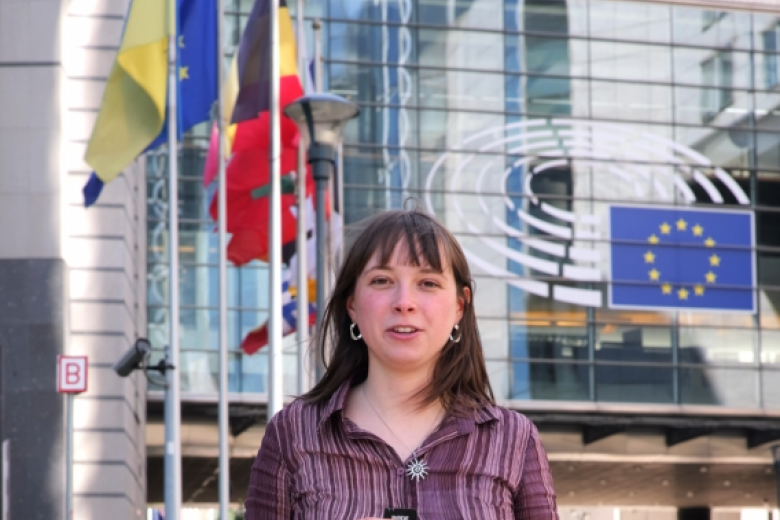
-
The Green Office Catalyses Circularity Projects’ Autonomy
This semester, the Green Office cultivated the untapped potential of the Community Garden and the Clothing Swap Room. We hope that these Circularity Projects will operate under autonomous, functional organisations by this time next year, with continued support from the Green Office and the SUM2030 team... -
Evidence-based health tips for students: the science of eating healthy
In the upcoming months, we’ll share tips on Instagram for our students on how to live a healthier life. Not just a random collection, but tips based on actual research happening at our faculty. The brains behind this idea are L ieve Vonken and Gido Metz, PhD candidates at CAPHRI, the Care and Public...